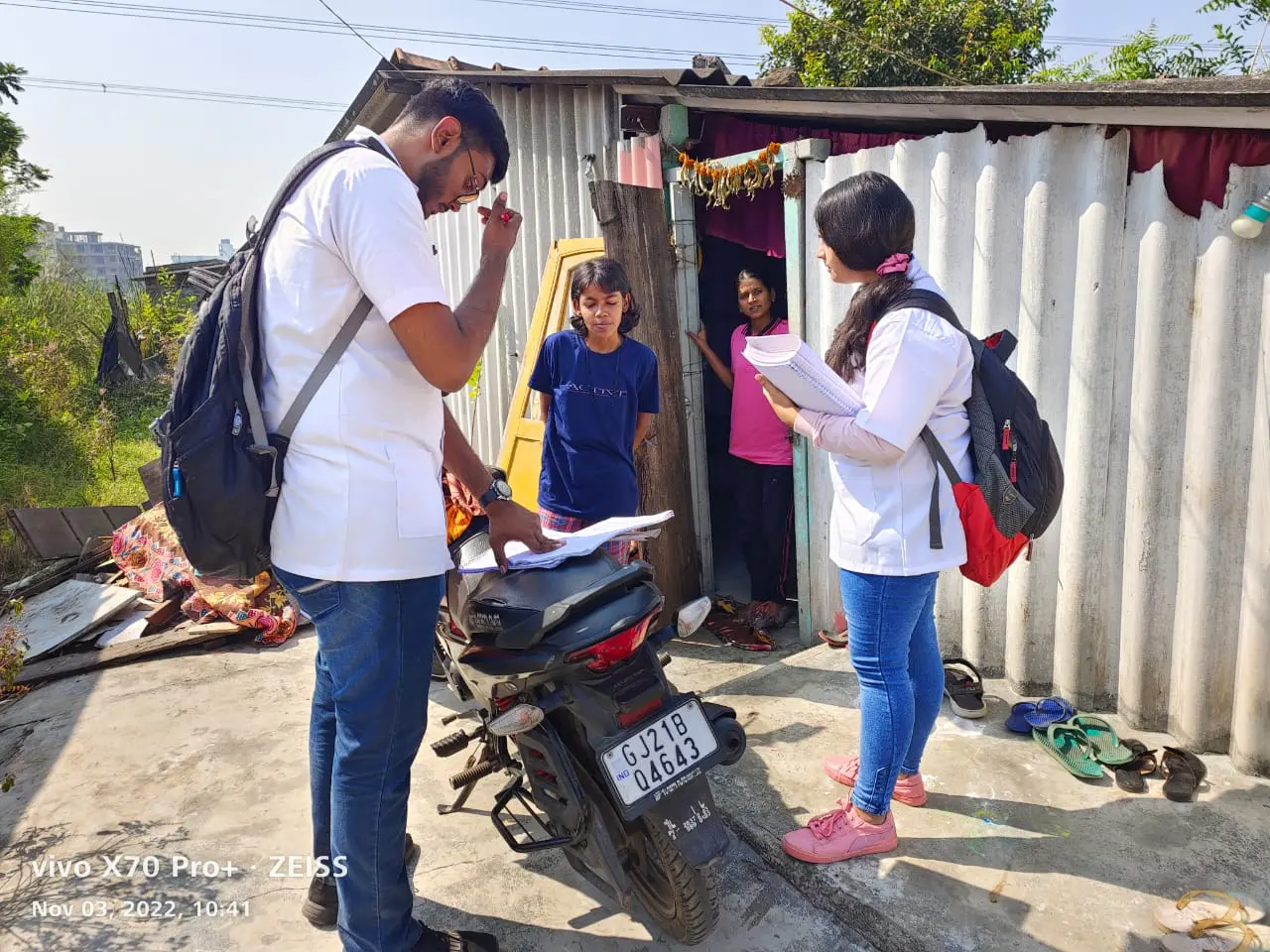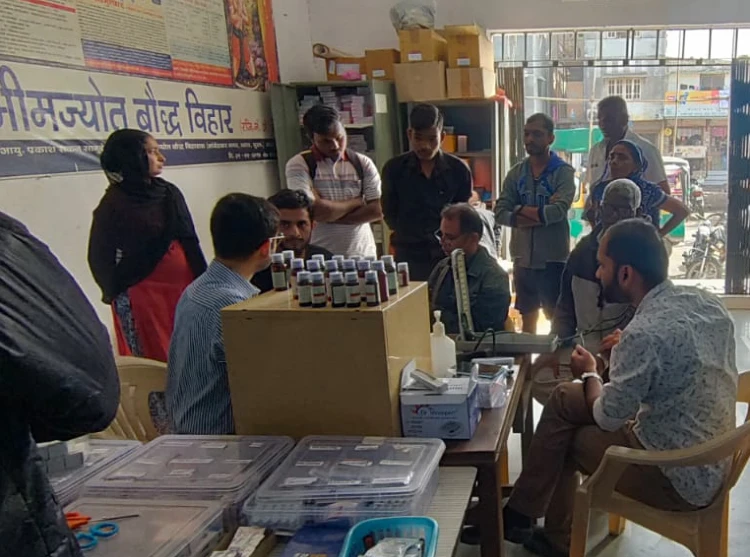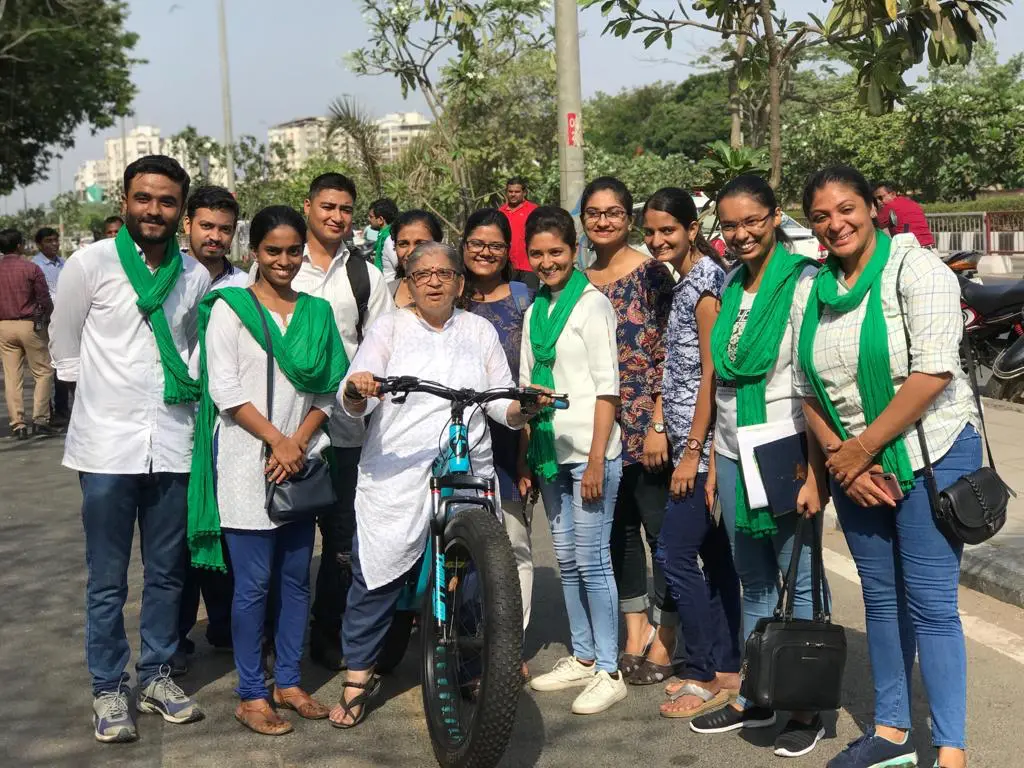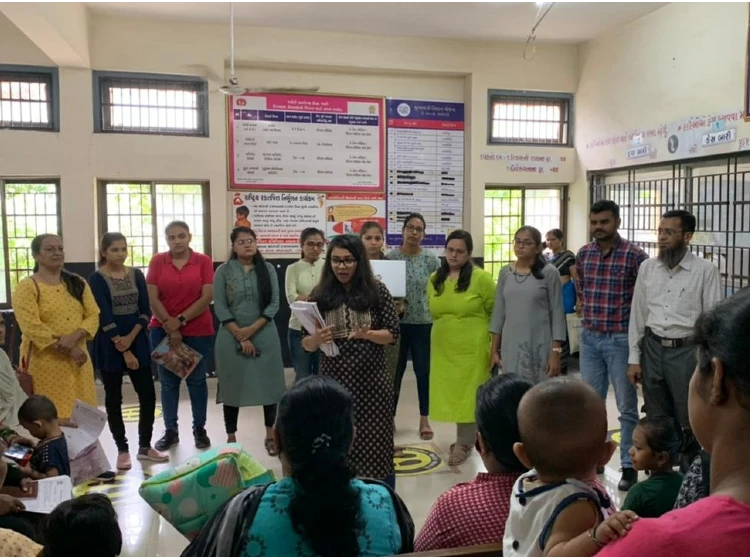Registration
Preventive and Social Medicine
Preventive and Social Medicine (PSM) is a branch of medicine that focuses on the prevention and control of diseases and the promotion of health in a community setting.
It is also known as Community Medicine.
Preventive medicine includes measures taken to prevent the occurrence of diseases and injuries, such as vaccination programs, health screenings, and health education campaigns. Social medicine, on the other hand, focuses on the social determinants of health, such as poverty, education, and access to healthcare, that can affect the health of a community.
PSM encompasses various sub-disciplines including:
- Epidemiology: the study of the distribution and determinants of health-related states or events (including disease) in specified populations, and the application of this study to control health problems.
- Environmental health: the branch of public health that is concerned with all aspects of the natural and built environment that may affect human health.
- Health Promotion: the process of enabling people to increase control over, and to improve, their health.
- Occupational health: the branch of medicine that deals with the treatment and prevention of work-related injuries, illnesses, and disabilities.
- Health management: the planning, implementation, and evaluation of health care services to meet the needs of the population.
- Demography and health statistics: the study of population characteristics, such as size, growth, density, and distribution, and how they relate to health issues.
PSM plays a critical role in improving the overall health and well-being of a population, by identifying and addressing the underlying social and environmental factors that contribute to poor health outcomes. It emphasizes on the health of the community as a whole, rather than just individual patients.











